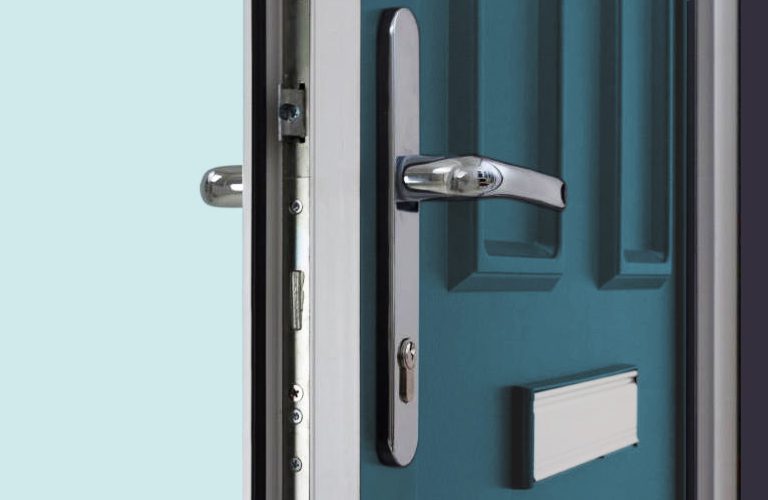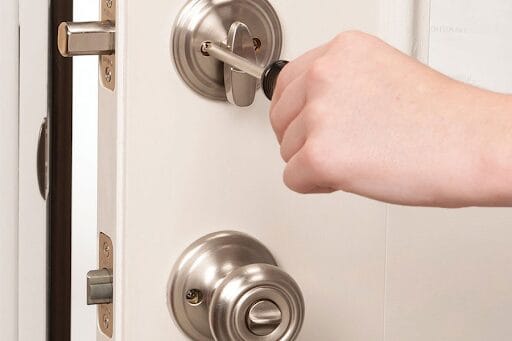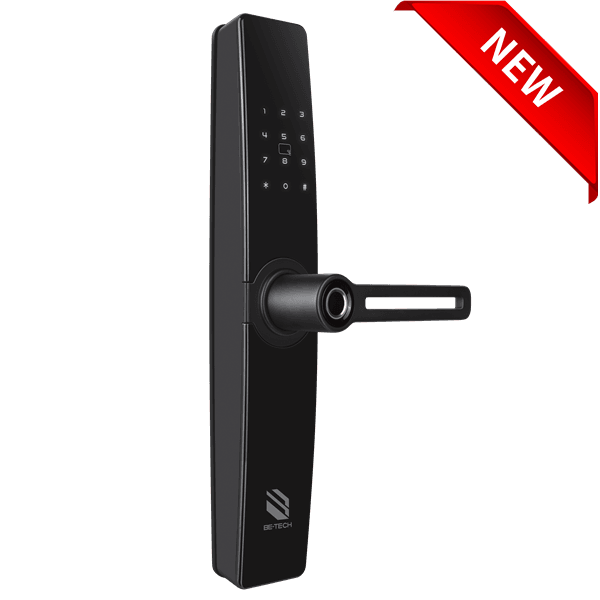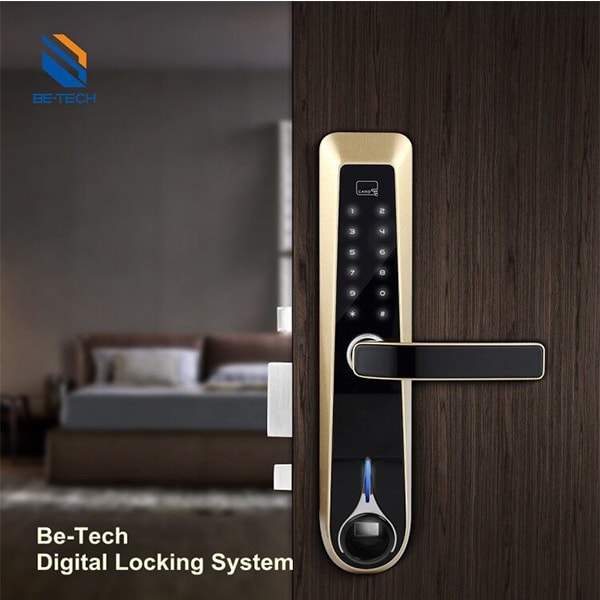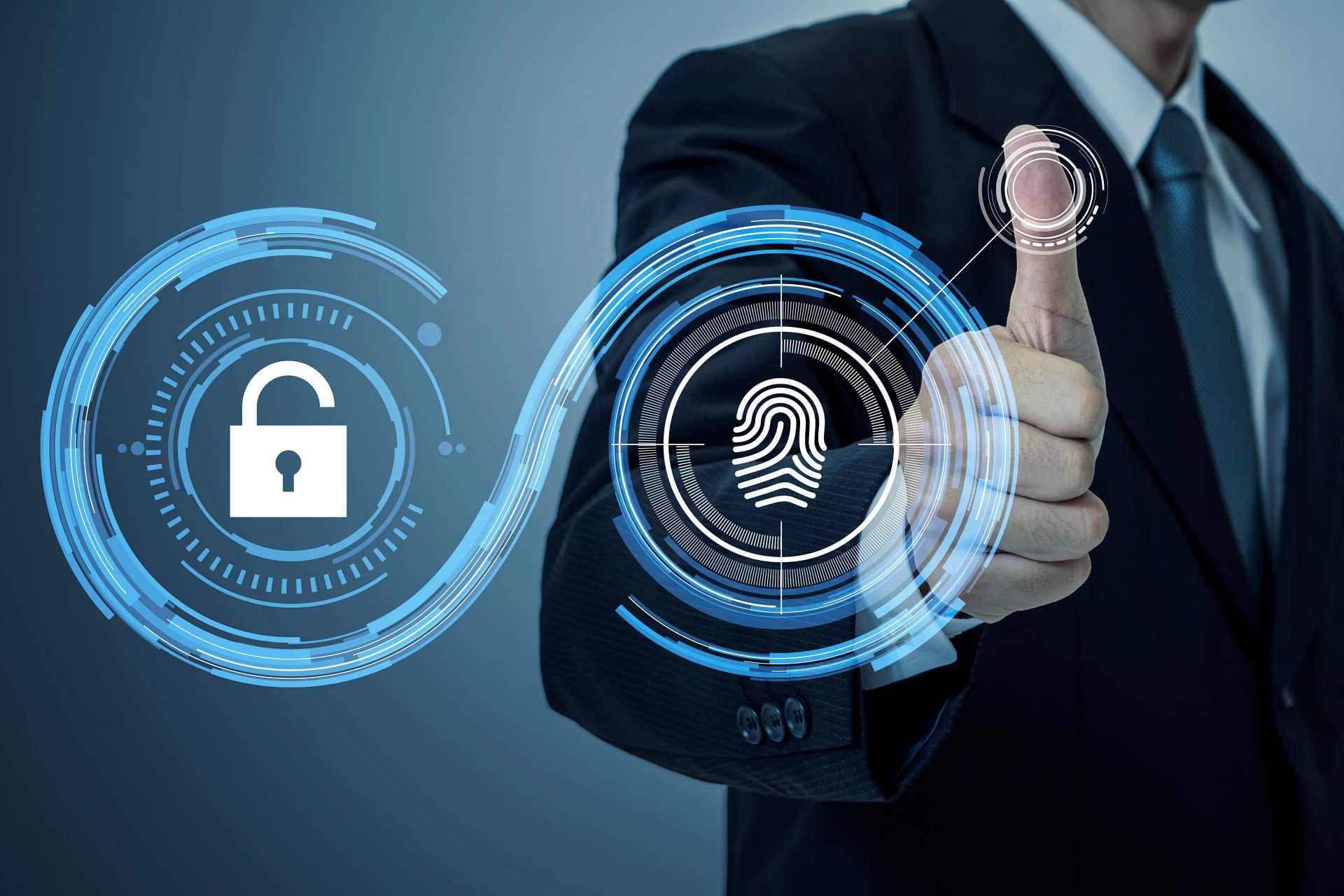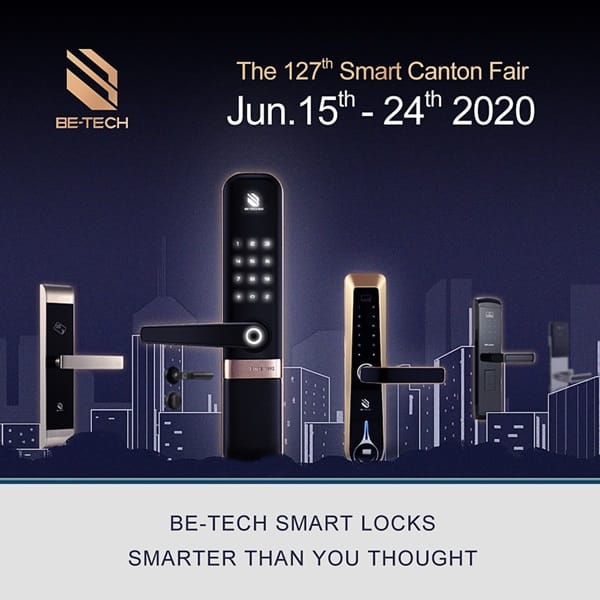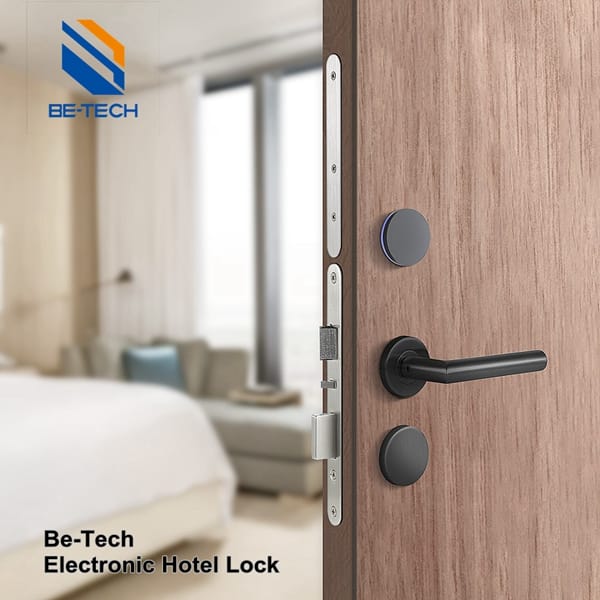Hotel door locks are a critical component of hotel security, ensuring the safety and privacy of guests. With advancements in technology, the options for hotel door locks have expanded significantly, offering various levels of security and convenience. This guide will explore the different types of hotel door locks, their benefits, and best practices for maintaining a secure and efficient hotel environment.
Types of Hotel Door Locks
In the hospitality industry, ensuring guest safety and providing a seamless experience are paramount. One crucial aspect that contributes to both is the implementation of secure and efficient hotel door lock systems. With advancements in technology, hotels now have a wide range of options to choose from, each offering unique advantages and considerations.
1. Keyed Hotel Door Locks
The traditional keyed door locks have been a staple in the industry for decades. These locks require a physical key to unlock the door, making them simple and cost-effective. However, the potential drawbacks include the risk of lost or stolen keys, which can compromise security, and the logistical challenge of managing multiple keys for hotel staff.
2. Key Card Hotel Door Locks
Key card door locks have gained widespread popularity due to their convenience and enhanced security features. Guests are provided with a card that has a magnetic strip or RFID (Radio Frequency Identification) chip, which they can use to unlock their room door. One of the significant advantages of this system is the ability to easily reprogram or deactivate lost or stolen cards, minimizing security risks. Additionally, key cards offer a seamless experience for guests, eliminating the need to carry physical keys.
However, it’s important to note that key cards can be demagnetized or damaged, rendering them unusable and requiring reissuance, which can be an inconvenience for both guests and hotel staff.
3. Keypad Hotel Door Locks
Keypad door locks offer a unique solution by eliminating the need for physical keys or cards altogether. Guests are provided with a numerical code, which they can enter on a keypad to unlock their room door. This system offers the advantage of easy code changes, enhancing security by preventing unauthorized access if a code is compromised.
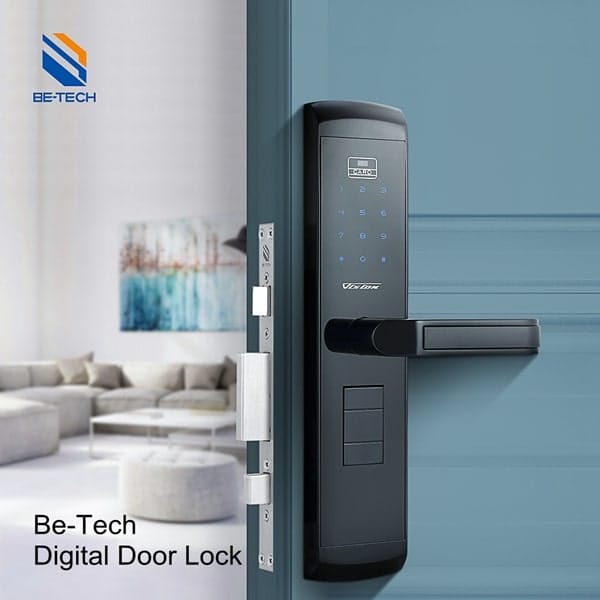
On the other hand, guests may forget or inadvertently share their codes, potentially compromising the security of the system. Additionally, managing and updating multiple codes can be a logistical challenge for hotel staff, especially in larger establishments.
4. Keyless Hotel Door Locks (RFID, Biometric, Voice Activated)
As technology continues to evolve, hotels are embracing keyless door lock systems that leverage advanced technologies such as RFID, biometrics (fingerprint or facial recognition), and voice activation. These high-tech solutions offer unparalleled security and convenience, as they are virtually impossible to duplicate or bypass.
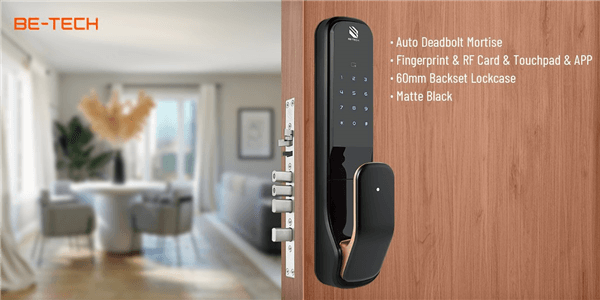
However, the implementation of these systems often comes with higher installation and maintenance costs, which may be a consideration for some hotels, especially smaller establishments or those operating on tighter budgets.
5. Smart Hotel Door Locks (Mobile, App, QR)
In the era of smartphones and mobile applications, smart hotel door locks have emerged as a game-changer in the industry. These systems allow guests to use their smartphones or mobile apps to unlock their room doors, often through QR codes or Bluetooth connectivity.
The convenience factor of smart door locks is undeniable, as guests no longer need to carry physical keys or cards. Additionally, these systems can seamlessly integrate with hotel management systems, enabling efficient room access management and enhancing the overall guest experience.
However, the implementation of smart door locks may require guests to have compatible smartphones or devices, which could be a potential barrier for some. Furthermore, the setup and integration of these systems can be complex, requiring specialized expertise and resources.
When selecting the most suitable hotel door lock system, it’s crucial for hotel owners and operators to consider factors such as guest preferences, security requirements, budget constraints, and the overall guest experience they aim to provide. By carefully evaluating the pros and cons of each option, hotels can strike the perfect balance between guest security, convenience, and operational efficiency.
In the ever-evolving hospitality landscape, the choice of hotel door lock systems plays a pivotal role in creating a safe and enjoyable environment for guests while streamlining operations for hotel staff. By embracing innovative technologies and implementing secure and user-friendly solutions, hotels can stay ahead of the curve and continue to deliver exceptional experiences to their valued guests.
Benefits of Advanced Hotel Door Lock Systems
Enhanced Security
Modern hotel door locks offer advanced security features such as encryption, biometric authentication, and real-time monitoring. These features help prevent unauthorized access and ensure that only authorized individuals can enter guest rooms and restricted areas.
Guest Convenience
Keyless entry systems, such as mobile access and RFID locks, provide a seamless and hassle-free experience for guests. They can bypass the front desk and go directly to their rooms, reducing wait times and enhancing overall satisfaction.
Operational Efficiency
Electronic locks simplify access management for hotel staff, reducing the risk of lost or stolen keys. Housekeeping and maintenance teams can use digital credentials, improving productivity and streamlining workflows.
Integration with Hotel Management Systems
Advanced door lock systems can integrate with hotel management software, allowing for personalized guest experiences and efficient room management. This integration can include features like remote control of room settings and real-time data updates.
Best Practices for Hotel Door Lock Security
Regular Maintenance and Upgrades
Hotel door locks should be regularly checked for wear and tear and updated with the latest technology to ensure optimal performance and security. Locks should be maintained at least annually and replaced approximately every five years.
Multi-Layered Identity Verification
Implementing multi-layered identity verification methods, such as combining key cards with biometric authentication, can enhance security and prevent unauthorized access.
Real-Time Monitoring and Alerts
Integrating door lock systems with the hotel’s security infrastructure allows for real-time monitoring of room entry and exit. This helps detect suspicious activities and enables immediate response to potential security breaches.
Secure Credential Management
Ensure that all credentials, such as key cards and digital keys, are encrypted and cannot be easily duplicated. Regularly update and revoke access credentials to maintain security.
Emergency Preparedness
Hotel door locks should have backup power sources and emergency override systems to ensure they remain functional during power outages or emergencies. Staff should be trained on how to use these systems effectively.
Conclusion
Investing in advanced hotel door lock systems is essential for ensuring the security and convenience of guests. By understanding the different types of locks available and implementing best practices for maintenance and security, hotels can provide a safe and enjoyable experience for their guests. As technology continues to evolve, staying informed about the latest advancements in door lock systems will help hotels maintain a competitive edge and meet the growing expectations of their guests.

